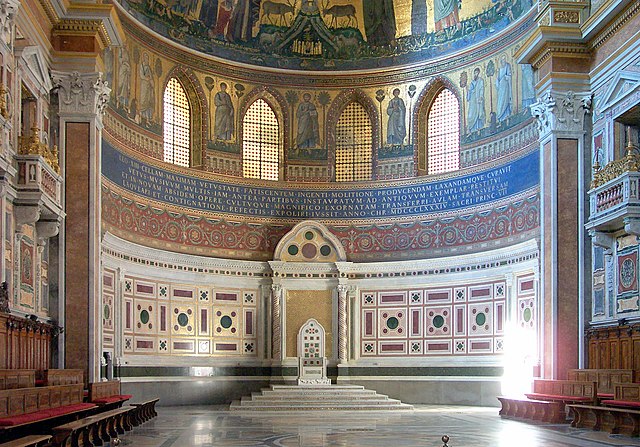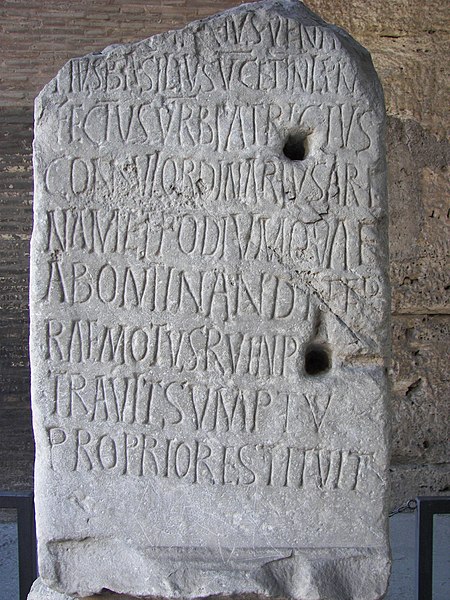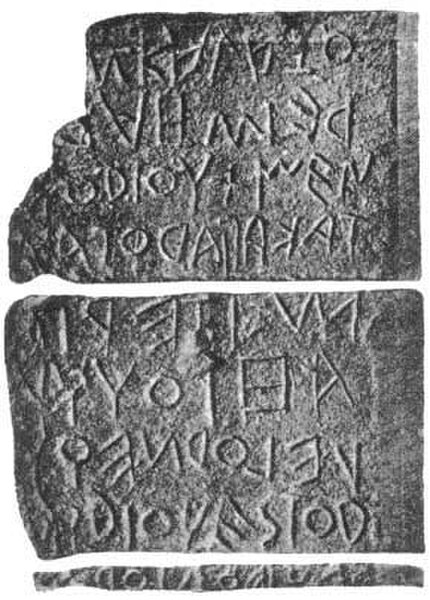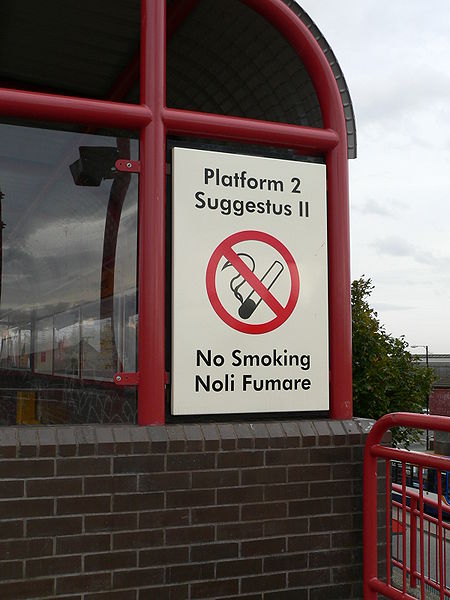The Holy See, also called the See of Rome, Petrine See or Apostolic See, is the jurisdiction of the pope in his role as the Bishop of Rome. It includes the apostolic episcopal see of the Diocese of Rome, which has ecclesiastical jurisdiction over the worldwide Catholic Church and sovereignty over the city-state known as the Vatican City. As the supreme body of government of the Catholic Church, the Holy See enjoys the status of a sovereign juridical entity under international law.
The papal throne (cathedra), in the apse of Archbasilica of Saint John Lateran, symbolises the Holy See.
The Roman States
Roman States army
The Swiss Guard on patrol
Latin is a classical language belonging to the Italic branch of the Indo-European languages. Considered a dead language, Latin was originally spoken in Latium, the lower Tiber area around Rome. Through the expansion of the Roman Republic it became the dominant language in the Italian Peninsula and subsequently throughout the Roman Empire. Even after the fall of Western Rome, Latin remained the common language of international communication, science, scholarship and academia in Europe until well into the early 19th century, when regional vernaculars supplanted it in common academic and political usage—including its own descendants, the Romance languages. For most of the time it was used, it would be considered a dead language in the modern linguistic definition; that is, it lacked native speakers, despite being used extensively and actively.
Latin inscription on a stone inside the Colosseum in Rome, Italy
The Lapis Niger, probably the oldest extant Latin inscription, from Rome, c. 600 BC during the semi-legendary Roman Kingdom
The Latin Malmesbury Bible from 1407
The signs at Wallsend Metro station are in English and Latin, as a tribute to Wallsend's role as one of the outposts of the Roman Empire, as the eastern end of Hadrian's Wall (hence the name) at Segedunum.








